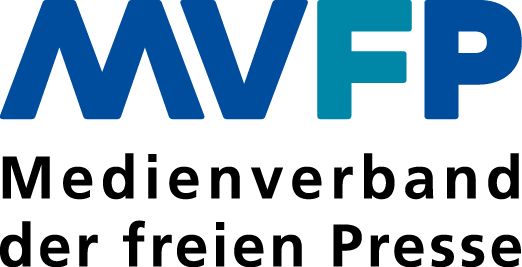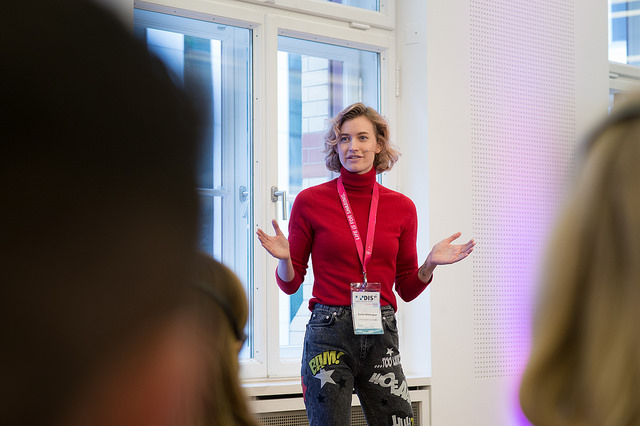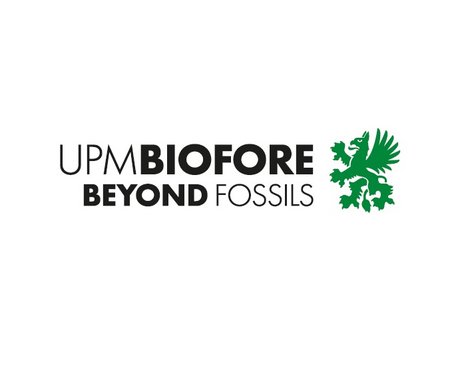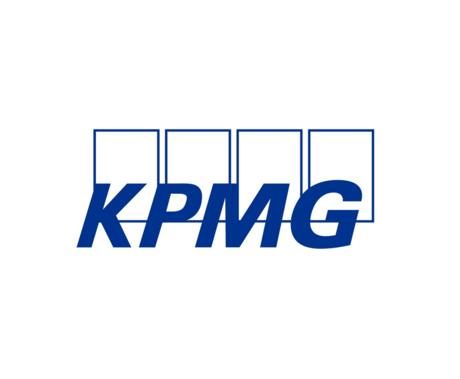How to develop a personal brand into a media brand
Influencers are becoming a force to be reckoned with in the media world, a crowd heard at the Digital Innovators' Summit in Berlin today. Indeed, influencers are growing in popularity, according to Zanita Whittington, the creative director, photographer and model at Zanita.com, who spoke about her personal journey.
Whittington started as a fashion blogger eight years ago, eventually building her brand, improving her skills, to the point where she is an international fashion photographer the founder of a tech startup that teaches what she's learned to the next generation.
"It's staggering," Whittington said. "Personal blogger brands are a new phenomenon and it's being driven by Millennials who are using social media and using it in a new way." The YOU economy Whittington says social media is a new wave of communication and Millennials use it it to share things they love, share their interests, and share their aspirations. "Young people today believe they can make their own career out of their passion out of what they love, and build these huge media brands that are being followed by millions." For example, when Youtube blogger Alfie Deyes announced he was doing a book signing in London, the bookstore was mobbed by 8,000 fans. "No one was prepared, he couldn't even access the bookstore," Whittington said. "The authorities weren't prepared...This has been this sleeper movement that hasn't been harnessed yet."
Whittington grew up in a small town outside Perth, Australia. She started her blog five years ago, because she was obsessed with fashion. "It was a community back then," she said. "I didn't know any other Australian bloggers at the time. I would take pictures of myself, and submit them to other sites, and they would rate you on your outfit. It was homegrown at that stage." Whittington evolved her strategy to solidify her brand, contribute higher-quality content, and began branching out. Her breakthrough moment was contributing to Australian Harper's Bazaar magazine, and the day her piece launched, it crashed the site. She began working with other bloggers on a new platform. Currently, her blog features a lot of content that is added value, about life lessons, stories about her experiences, etc. She has hundreds of thousands of followers.
"People want to know what I had for breakfast," she said. "More importantly, it's about building a niche in this field." "I see a lot of influencers copy content, but that contributes to the noise. You don't want to be a pale shadow of someone else." Being an influencer is a lot of work, she said, illustrating a content publishing schedule that would be familiar to publishers. "It really takes a lot to contribute your personality consistently,” she said. “It's like constantly making your own tv reality show. This is how you keep your audience." Monetising a personal media brand involves brand collaborations. “What's really important is trust," Whittington said. "The more a brand can trust you, it's how my brand connects with that brand. It's about how personal I can make it as well." Whittington said 57 per cent of beauty and fashion companies use influencers as part of their marketing strategies, to help consumers connect with their products. "What's unique about influencers, even through they reach these huge audiences, they toe the line between celeb and friend," Whittington said. "That's why Millennials will turn to a influencer rather than a brand, to make a decision or a purchase. That's incredibly powerful." Knowing and understanding her audience – Millennials – also helps. Millennials live and breaths social media. Whittington said she believes in social media, and the way people are communicating online.





